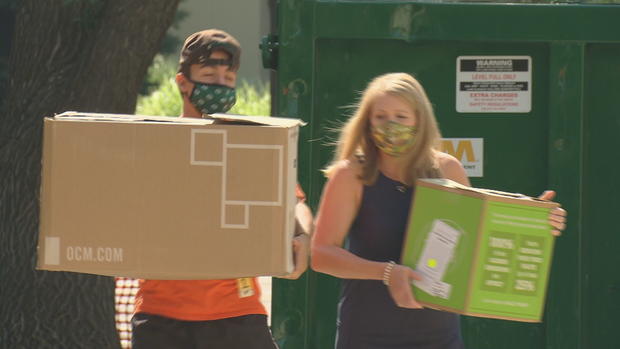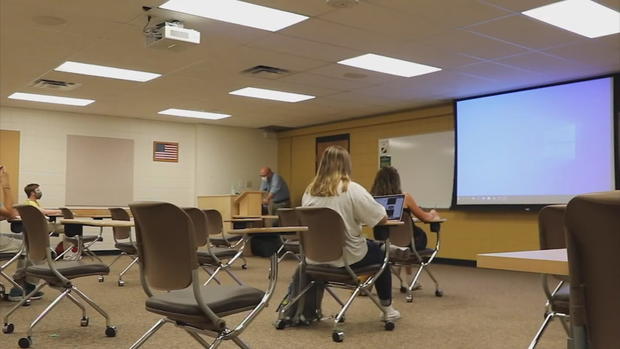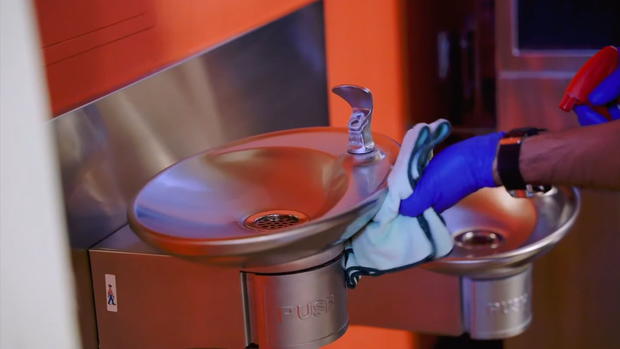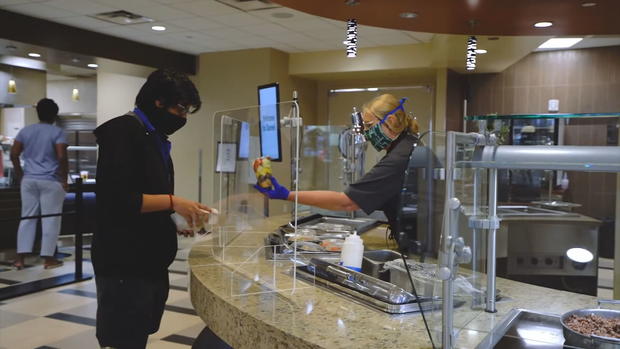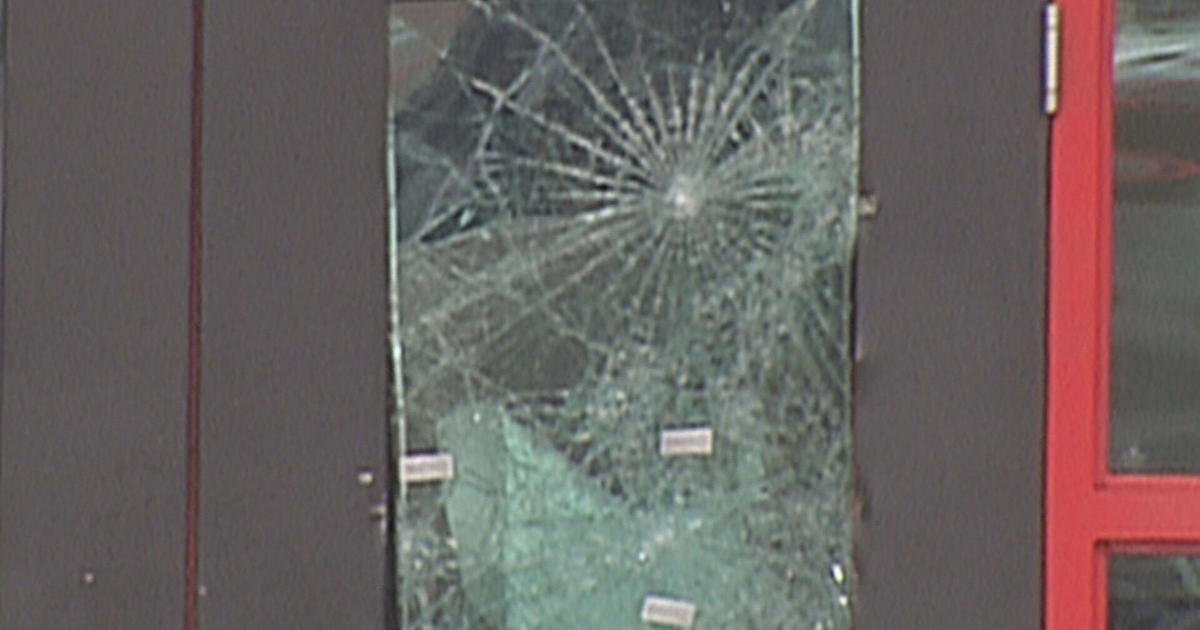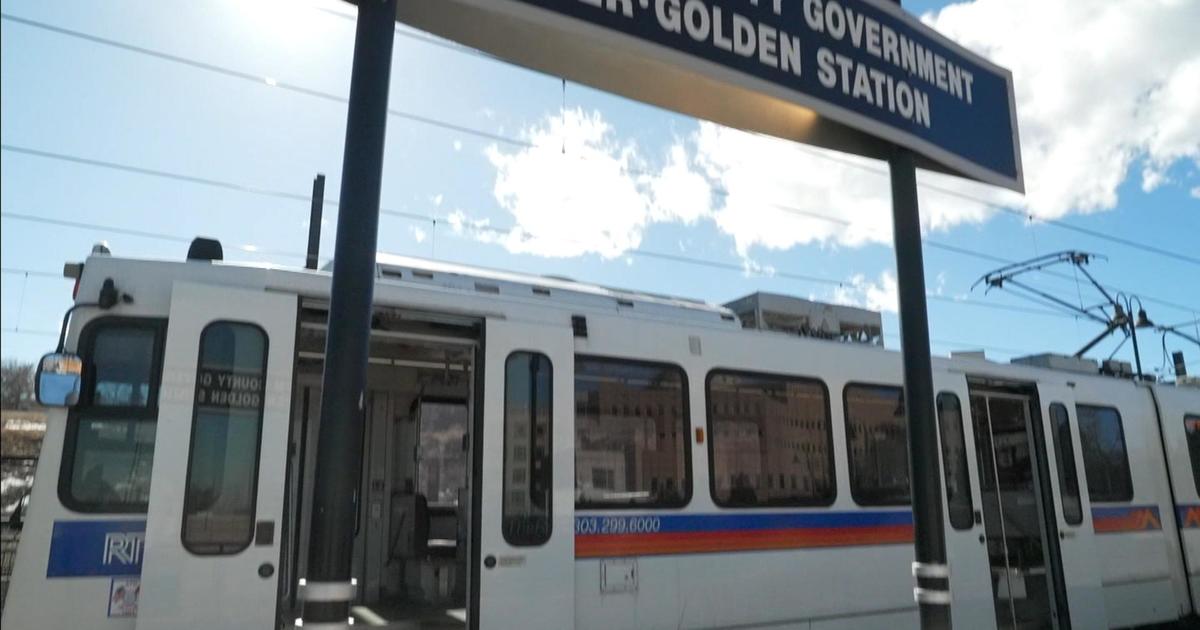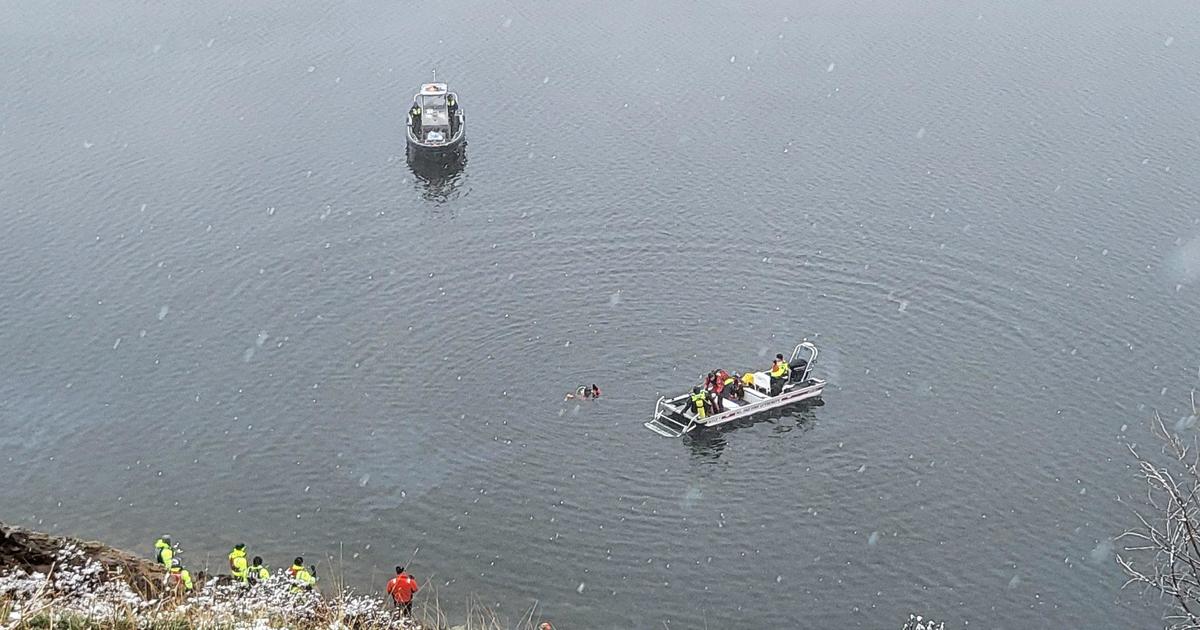Big Changes For Colorado State University Students Returning To Campus
FORT COLLINS, Colo. (CBS4) – While many parents express concerns with the safety of returning to on-campus living and learning amid a global pandemic, Colorado State University health officials are assuring the public they have taken major steps to limit the spread of COVID-19 during the school year. The university expects coronavirus to make its way on to campus, but staff believe they will be able to contain it.
Students living in dormitories have already started moving in to on-campus housing in Fort Collins. Monday, the first wave of students moving in were scheduled to arrive at specific times. They were limited with how many guests could help move in, and were tested before entering the dormitories.
"I have to admit, I was kind of hoping (CSU) would decide to go online," said Kim Mavrakos, the mother of a student living in the CSU dorms.
Mavrakos said her son is now entering his third year living in the CSU dorms, with the fall semester being his second year serving as a resident assistant.
"I am very worried," Mavrakos said. "I expect there to be some outbreaks."
CSU Health Network Executive Director Lori Lynn told CBS4's Dillon Thomas the university has taken many steps to prioritize safe learning and living on their Fort Collins campus. While they hope the virus doesn't make it on campus, they have developed plans to contain it if and when it does.
"We probably will have some cases identified. We have a very robust plan built around that," Lynn said.
CBS4 requested, on multiple occasions since the pandemic first emerged, to document the university's new safety measures. However, even before students returned, those requests were denied. The university eventually cited health concerns for not allowing outside cameras on campus. However, they did release a set of videos showing examples.
With lower enrollment, CSU has decreased the amount of students living, on average, in each dorm room and hallway. They've also prohibited students from sleeping in a bunkbed style format, to promote social distancing, and will not allow outside guests to go beyond lobbies in the dorms.
Lynn said the university has installed thousands of hand sanitizer stations throughout campus, and has installed Plexiglas in many places where face-to-face interactions happen. Those include in the dining halls where the buffet-style dining of previous years has now been removed.
"It will no longer be the buffet style going through," Lynn said. "It will be predominantly grab-and-go type food."
Masks are now required everywhere that is public on campus, both indoors and out. Students will also have to complete a symptom tracker on a daily basis, and will not be allowed in classrooms without face coverings. The campus now features fewer gathering places, distanced seating in classrooms and more.
"We've enhanced cleaning protocols," Lynn said.
Bathrooms throughout campus will now be cleaned twice a day, unless it is a bathroom in a dormitory suite. Those bathrooms will only be cleaned once per month by staff, and students will be given cleaning supplies to do the rest.
In preparation for the potential of COVID-19 spreading in the dorms, 1% of the bedrooms on campus have been set aside for those needing to quarantine. If there is a greater need for quarantine rooms, the university has options at local hotels.
"To mitigate risk as much as we can," Lynn said.
Mavrakos said one of her greater concerns comes with assuring all students are being properly fed. Previously, students who live in dormitories are often allowed to eat as much as they can eat under just one "meal swipe," a form of pre-paid payment the university accepts.
Now, with smaller portions being handed out, and additional swipes being required to receive more food, Mavrakos said she was worried about food insecurity. She claimed some students were told of a campus food bank for those experiencing such issues.
Overall, Mavrakos said she was optimistic that the majority of students would be able to attend school without too many health issues. She also applauded the university for maintaining good food quality, even if quantity wasn't great.
"I think it can be a safe living situation," Mavrakos said. "It'll be safer for people who take the precautions seriously."
The university said it was important to make sure students can still have a social experience while in college, but discouraged large gatherings on and off campus.
